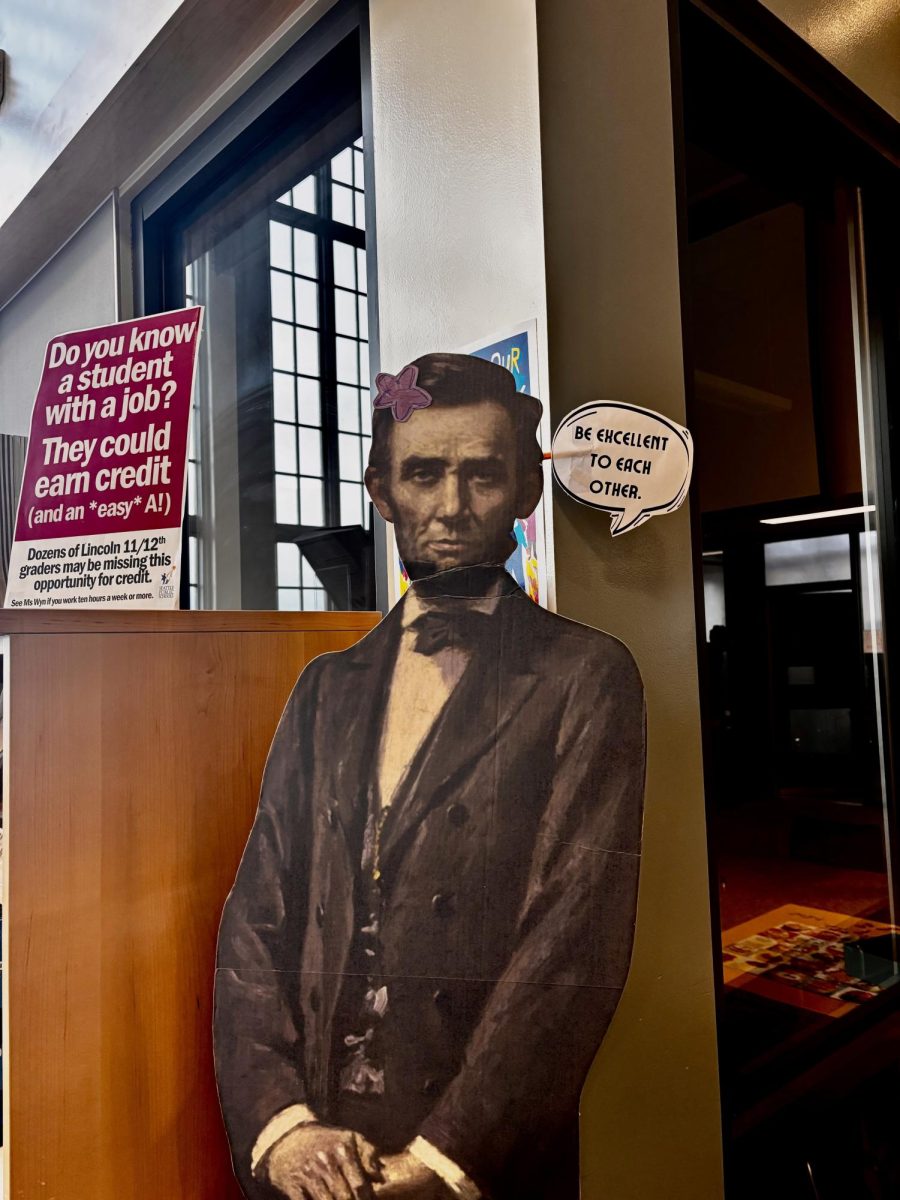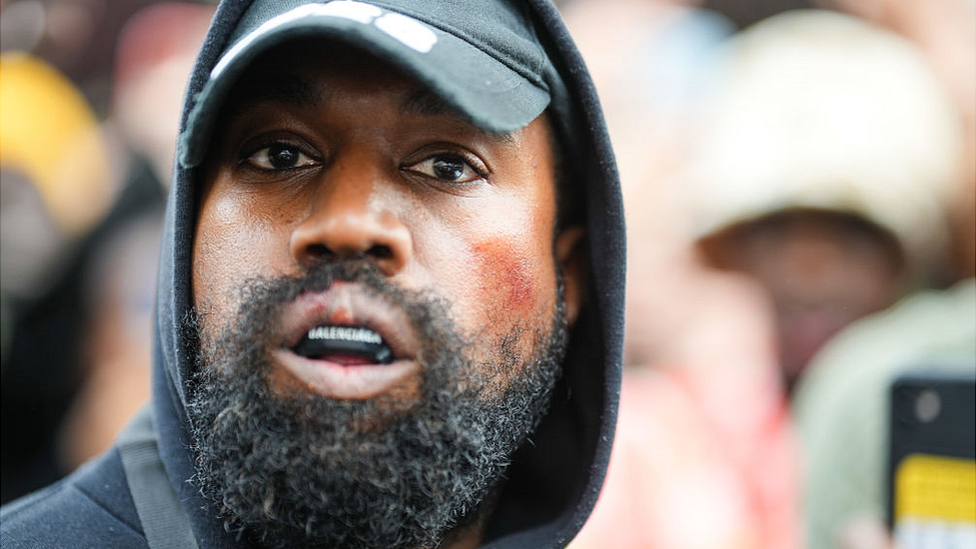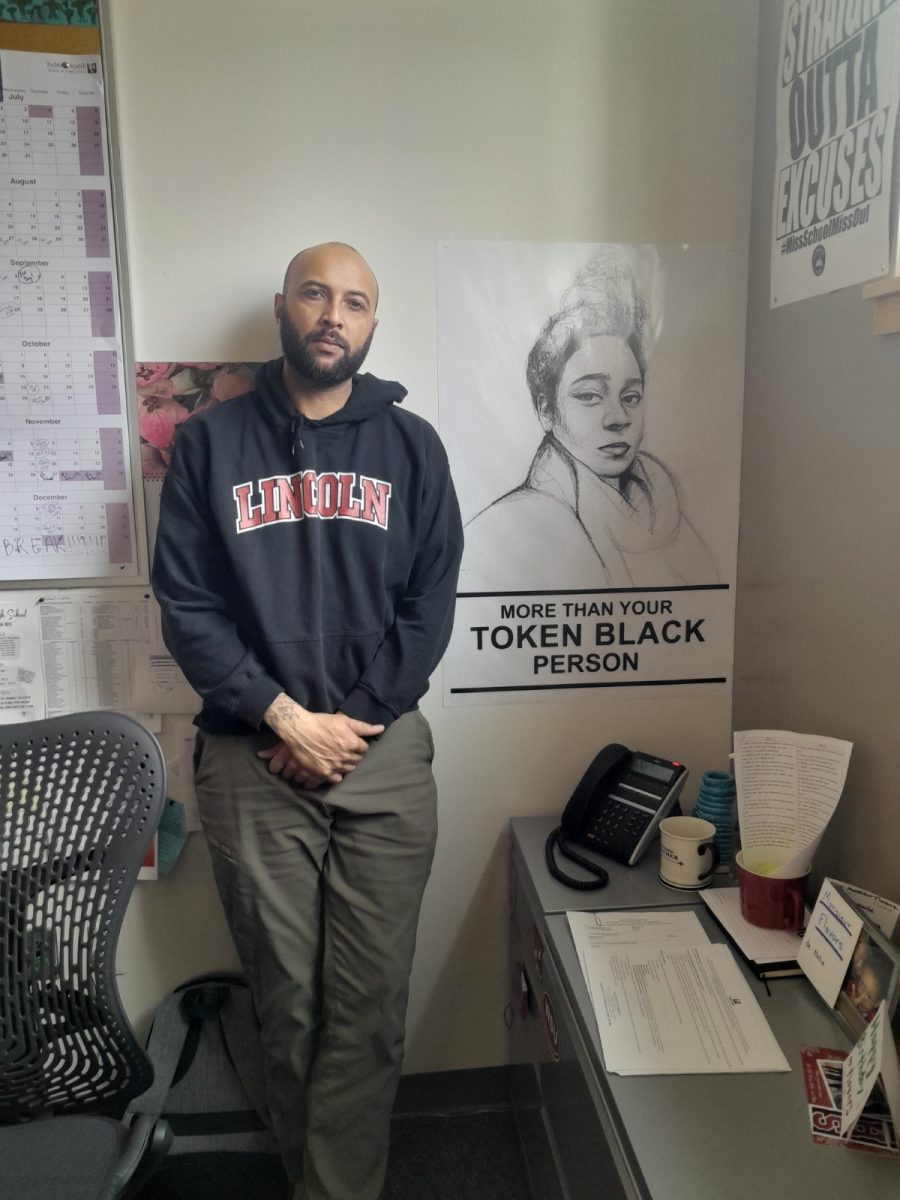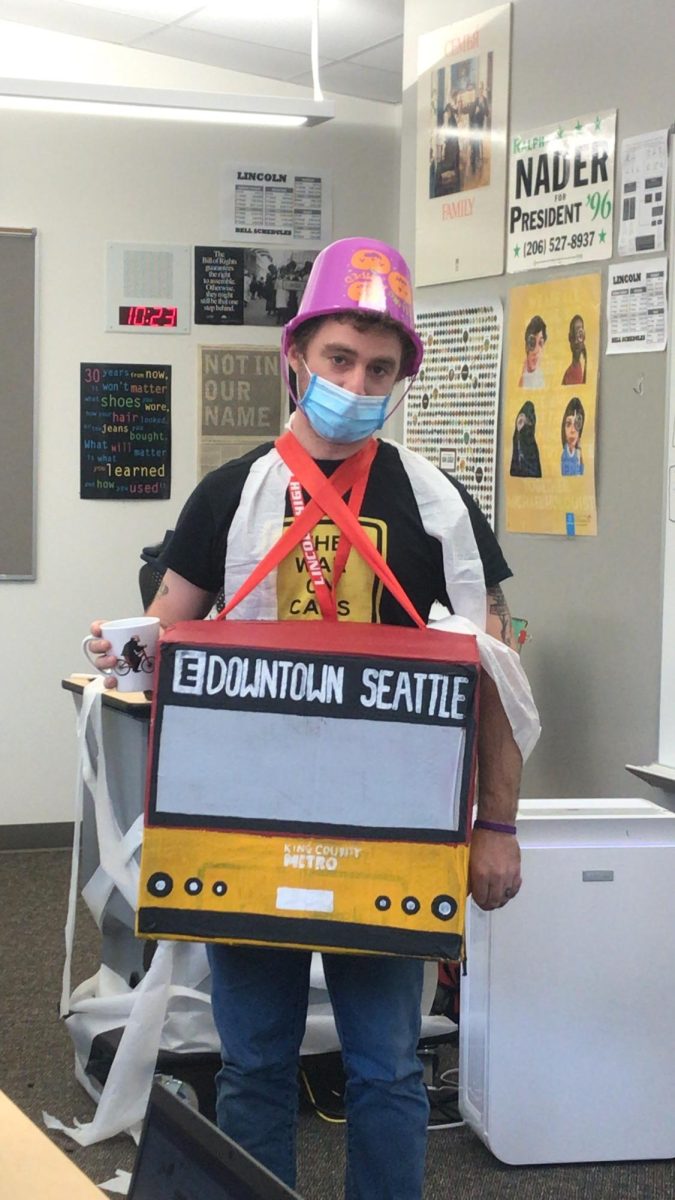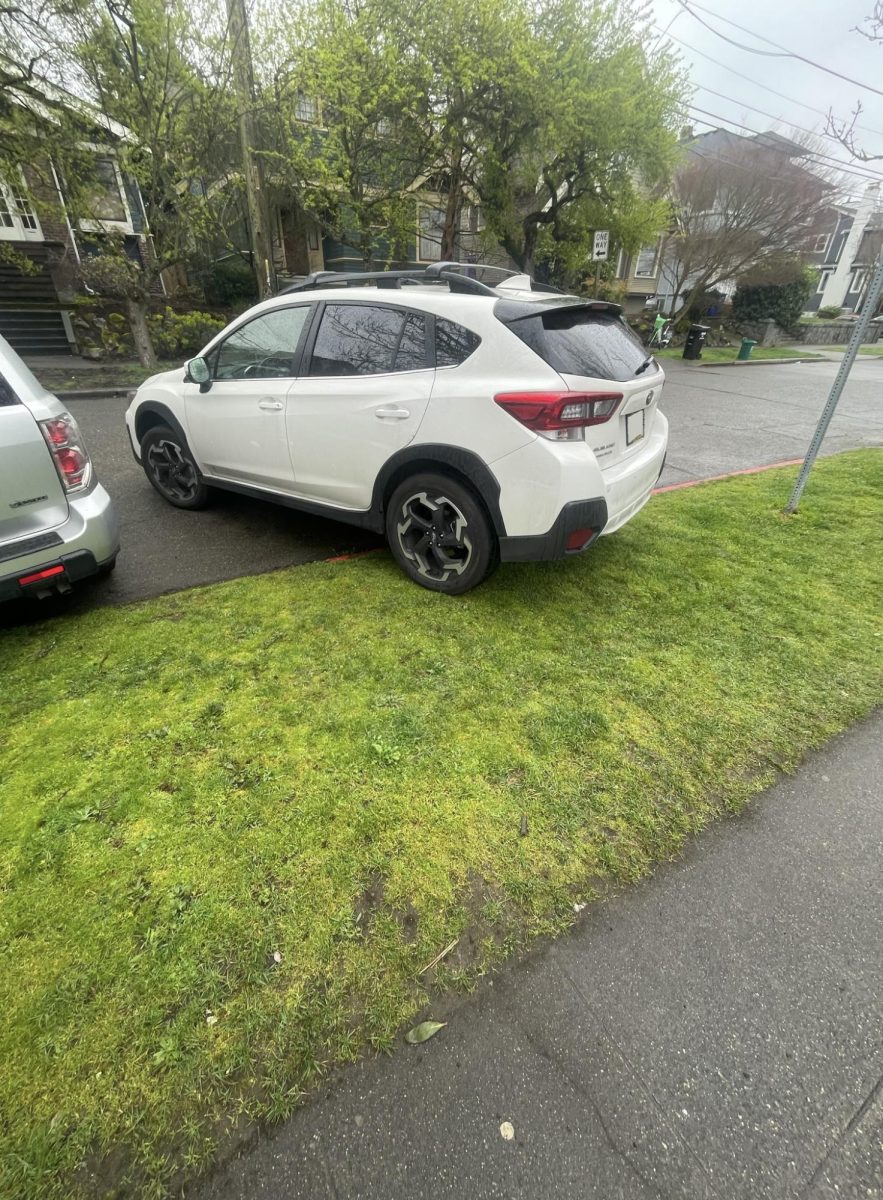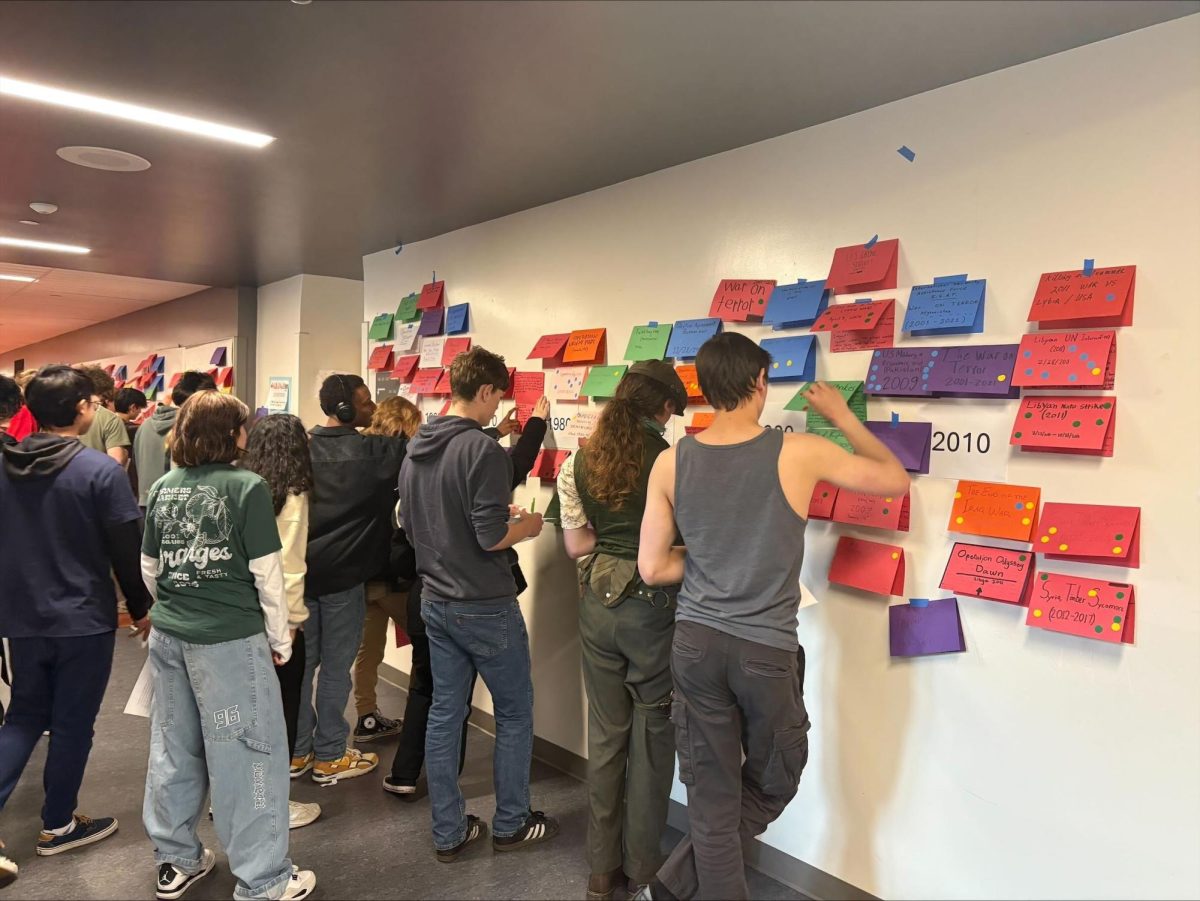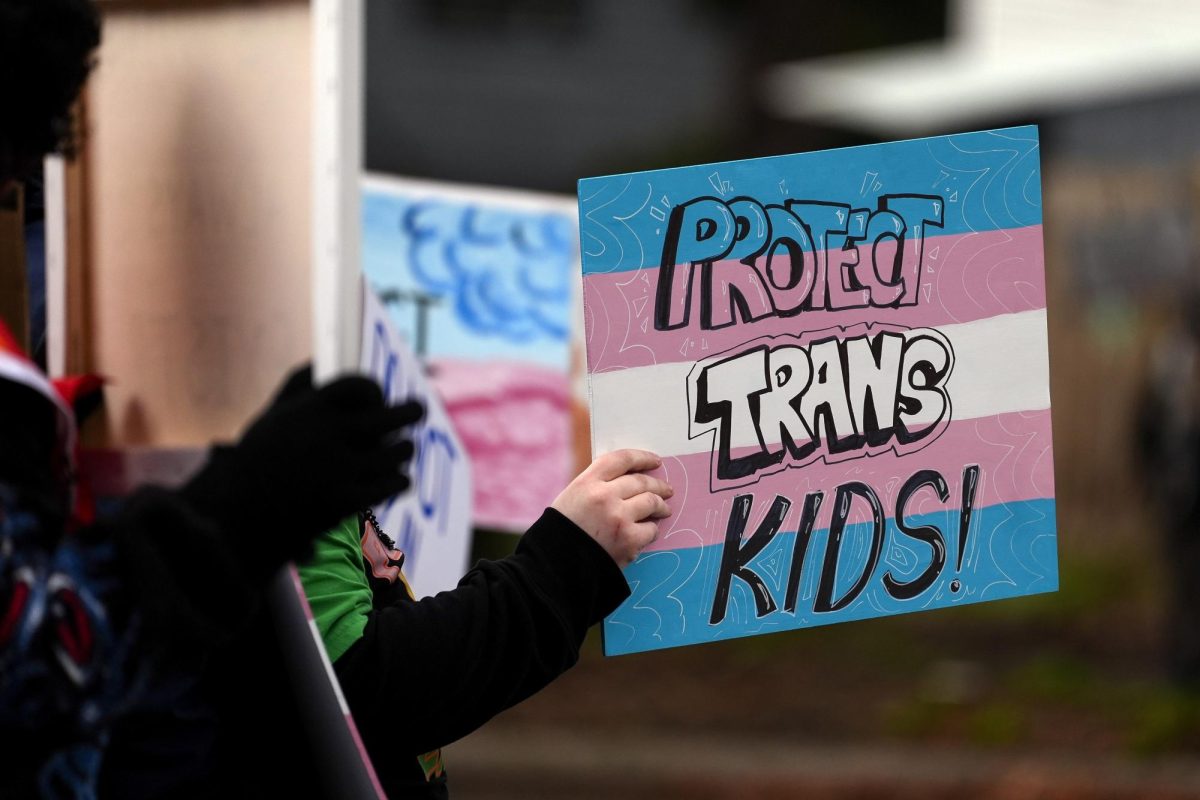American police forces have been the subjects to criticism for alleged misogyny for a number of years. Numerous reports of sexist comments, sexual harassment and diminishing insults are commonplace, and the Seattle Police Department is no exception.
3 years ago, Chief of Police Adrian Diaz implemented the 30 x 30 program to reduce misogyny and improve the experience of women in the work force, as well as ensuring that women make up 30% of the force by 2030 (it is currently 12%). The department plans to address the issues in three ways: Increasing awareness of sexism within the department, offering more childcare options and improved mentorship programs.
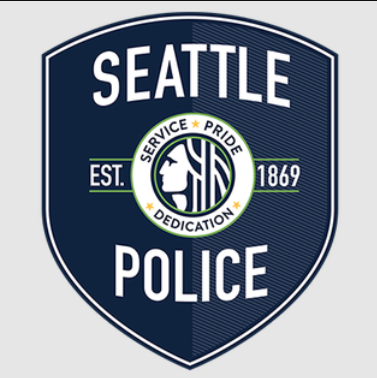
Recently a report was ordered to assess the effectiveness of the program through interviews, and drew feedback from multiple groups of women within the department. Quotes from these interviews have been released to the public.
Responses from women in the department, both sworn in and civilian, were grouped into five main categories; masculine culture, expectations for women, and double standards, generational distinction, pregnancy and childcare, promotion and leadership and exclusion and pigeon-holing. Many women described the department overall as the “good old boys club.”
One of the most frequently mentioned issues was masculine culture and double standards. One woman came forward saying, “[As a woman] when you have a bigger personality, there’s more conflict.”
Another woman said, “I had to volunteer for significant events. I was never chosen for those events. I had a kind of beg and throw a tantrum to be included in what I perceive as the good old boy’s system.” There are increasing examples of female superiors receiving less respect than their male counterparts and being more likely to be used as scapegoats.”
Relating to the idea of a male-dominated workplace culture, many women voiced the complaint that they did not receive credit for their work. One woman said, “I worked my butt off and did all this for this program, and it was handed off to these three men.”
It was also said that women were not placed in positions of power for extended periods of time. “We’re talking years and years of not having a female in commander roles and precinct command, you know, positions managing patrol.”
There were accounts given of women facing discrimination due to pregnancy or childcare related issues, as well as women pushing other women down to get at sought after positions.
Finally, quotes describing challenges faced when reporting sexual harassment/assault cases were also included in the report.
“It is federal f*cking law to report it. It took four months for that person to report it and the apology ended up him yelling at me and it should have been totally confidential. Like, he knows my personal phone number.”
Women attributed the culture of the departments to older generations, saying that there are sections of sworn individuals who are “stuck in their ways,” and that the only way to move forward is to “have less of the status quo.”
The Log reached out to the Seattle Police Department for comment and did not hear back.
Seattle Mayor Bruce Harrell’s office released a statement, reading “Mayor Harrell plans to sit down with women in SPD to hear directly from them. As we further examine the details of the report and its recommendations, we will continue to seek input from women at SPD to address these issues, make lasting improvements, and build a representative police service by recruiting and retaining female officers.”
Although many of these reports paint the SPD in a negative light, there is hope that their work in reducing workplace misogyny will continue and will better the experiences of women in the workplace.

